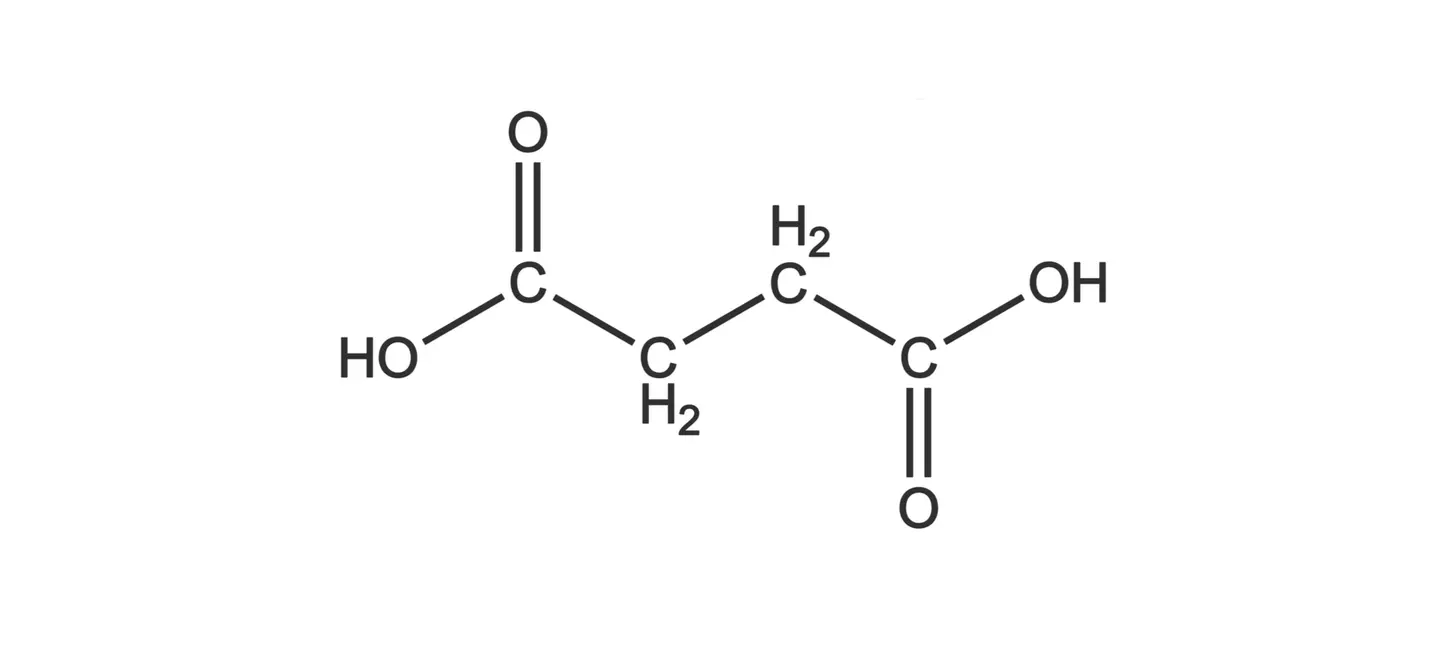
Succinate and the closely related succinic acid are chemicals involved in several processes in the body.
People take succinate for symptoms of menopause, obesity, and sexual problems that prevent satisfaction during sexual activity, but there is no good scientific evidence to support these uses.
Is It Effective?
NatMed Pro rates effectiveness based on scientific evidence according to the following scale: Effective, Likely Effective, Possibly Effective, Possibly Ineffective, Likely Ineffective, Ineffective, and Insufficient Evidence to Rate.
- Acute pain.
- Obesity.
- Rheumatoid arthritis (RA).
- Sexual problems that prevent satisfaction during sexual activity.
- Symptoms of menopause.
- Teething in babies.
More evidence is needed to rate succinate for these uses.
Is it Safe?
There isn't enough reliable information to know how succinate might work.
When taken by mouth: The succinic acid form of succinate is LIKELY SAFE when used in the amounts found in foods.
There isn't enough reliable information to know if succinate or succinic acid are safe or what the side effects might be when they are used in medicinal amounts. Stay on the safe side and stick to food amounts.
Special Precautions & Warnings:
Pregnancy and breast-feeding: The succinic acid form of succinate is LIKELY SAFE when used in the amounts found in foods. There isn't enough reliable information to know if succinate or succinic acid in larger amounts are safe to use when pregnant or breast-feeding. Stay on the safe side and stick to food amounts.
It is not known if Succinate interacts with any medicines. Before taking Succinate, talk with your healthcare professional if you take any medications.
There are no known interactions with herbs and supplements.
There are no known interactions with foods.
The appropriate dose of succinate depends on several factors such as the user's age, health, and several other conditions. At this time, there is not enough scientific information to determine an appropriate range of doses for succinate. Keep in mind that natural products are not always necessarily safe and dosages can be important. Be sure to follow relevant directions on product labels and consult your pharmacist or physician or other healthcare professional before using.
Acide d'Ambre, Acide Butanedioïque, Acide Éthylène Dicarboxylique, Acide Succinique, Amber Acid, Ammonium Succinate, Butanedioic Acid, Esprit Volatil de Succin, Oil of Amber, Sel Volatil de Succin, Spirit of Amber, Succinato, Succinic Acid.
Information on this website is for informational use only and is not intended to replace professional medical advice, diagnosis, or treatment. While evidence-based, it is not guaranteed to be error-free and is not intended to meet any particular user’s needs or requirements or to cover all possible uses, safety concerns, interactions, outcomes, or adverse effects. Always check with your doctor or other medical professional before making healthcare decisions (including taking any medication) and do not delay or disregard seeking medical advice or treatment based on any information displayed on this website.
© TRC Healthcare 2024. All rights reserved. Use and/or distribution is permitted only pursuant to a valid license or other permission from TRC Healthcare.
